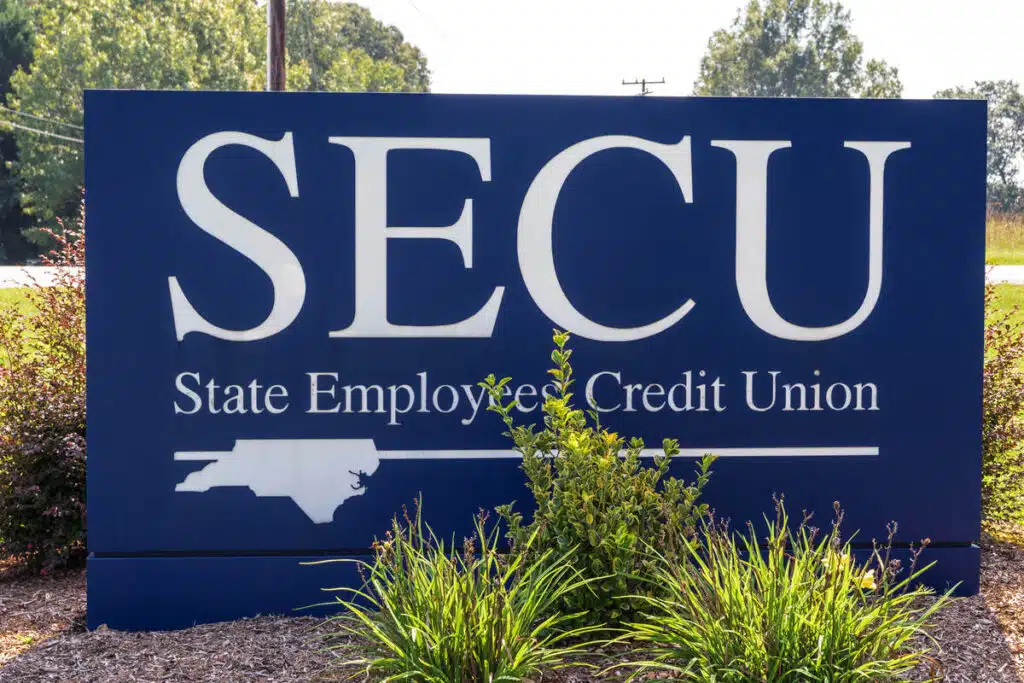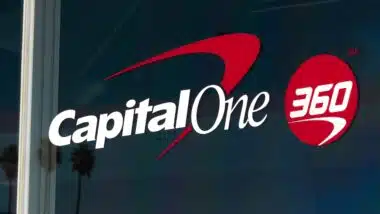
State Employees Credit Union NSF fee investigation overview:
- Who: Voting began this month for the State Employees Credit Union board.
- Why: SECU is among a number of institutions involved in a Top Class Actions investigation into whether they charged improper non-sufficient fund fees.
- Where: SECU is headquartered in Raleigh, North Carolina.
- How to get help: Those whose bank charged them improper NSFs fees may qualify to join a free NSF fee class action lawsuit investigation.
Voting began earlier this month for the State Employees Credit Union board. The second-largest U.S. credit union is reportedly involved in its second straight contested election.
The voting, which is allowed through an online portal or absentee paper ballot through Oct. 1, comes amid a reported $209 million surplus by the SECU in the fiscal year ending June 30, 2024, Business North Carolina reports.
The four incumbent candidates reportedly nominated to be reelected include McKinley Wooten, Bob Brinson, Mark Fleming and Stelfanie Williams.
The challengers, meanwhile, are former SECU managers Susie Ford, Julian Hawes, Kirby Parrish and Jean Blaine, the wife of ex-CEO Jim Blaine, Business North Carolina reports.
State Employees Credit Union involved in TCA’s NSF class action lawsuit investigation
The voting comes as SECU is involved in a Top Class Actions’ class action lawsuit investigation involving improper non-sufficient fund fees, although there is no evidence the not-for-profit financial cooperative has done anything wrong.
The class action lawsuit investigation looks into NSF fees and whether SECU and a number of others improperly charged them. Many consumers are unaware it is unlawful for a bank to charge more than one NSF fee for a single failed transaction.
A financial institution may charge an NSF fee when a customer initiates a transaction larger than the amount of money they have in their account.
SECU charges an NSF fee of $12 per item after the first two NSF Fee Free Days of the year and offers an optional overdraft transfer service to prevent NSF fees, according to SECU.
Have you been charged an improper NSF fee by your bank? You may qualify to join a free NSF fee class action lawsuit investigation.
Don’t Miss Out!
Check out our list of Class Action Lawsuits and Class Action Settlements you may qualify to join!
Read About More Class Action Lawsuits & Class Action Settlements:
- Consumers file cash sweeps class actions against banks
- JPMorgan hit with second class action over cash sweep program
- PNC Investments breached contractual duties with cash sweep accounts, class action claims
- Huntington Bank receives Cleveland Browns stadium naming rights, involved in NSF investigation















One thought on Last day for voting in SECU board elections amid TCA NSF fee investigation
add me pl,ease